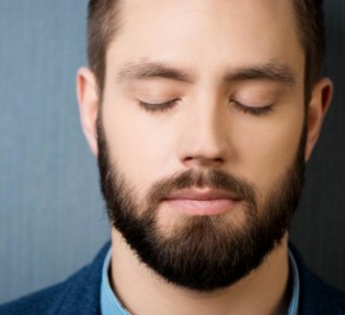Video: Learn self-hypnosis
An easy, effective way to control how you feel and enhance success with your goals. [contact]
Paul reviews history of hypnosis, how to do it well and what to expect on 1St visit. [contact}
Paul reviews how healthy patterns are formed.
Paul dispels many common hypnosis myths.

This vide reviews how easy it is to become hypnotized.